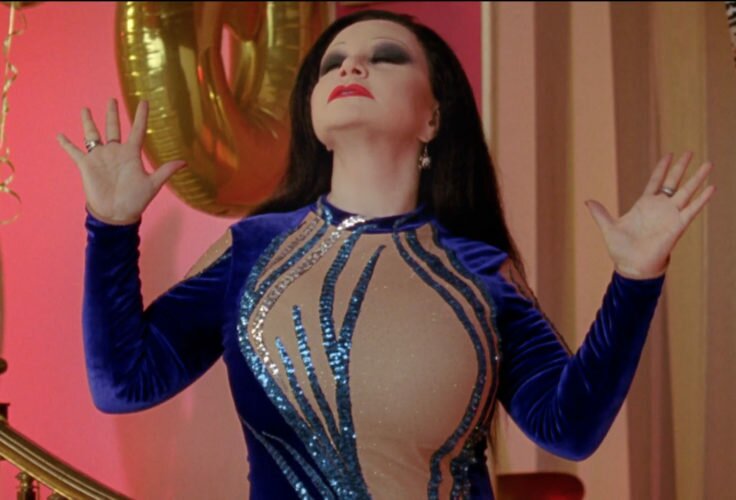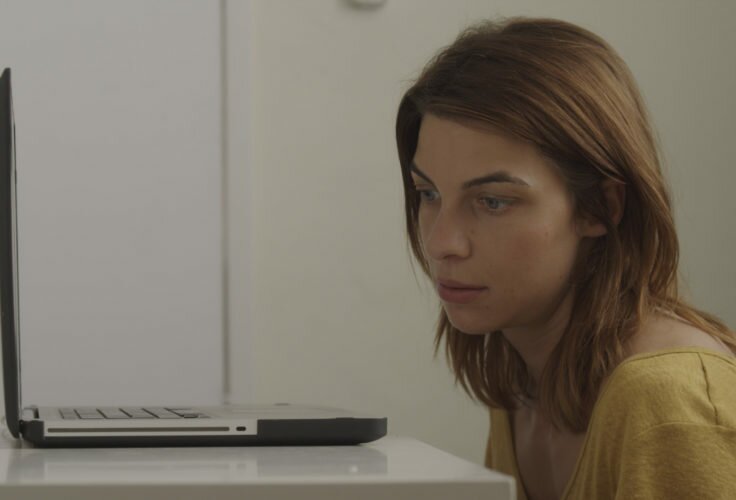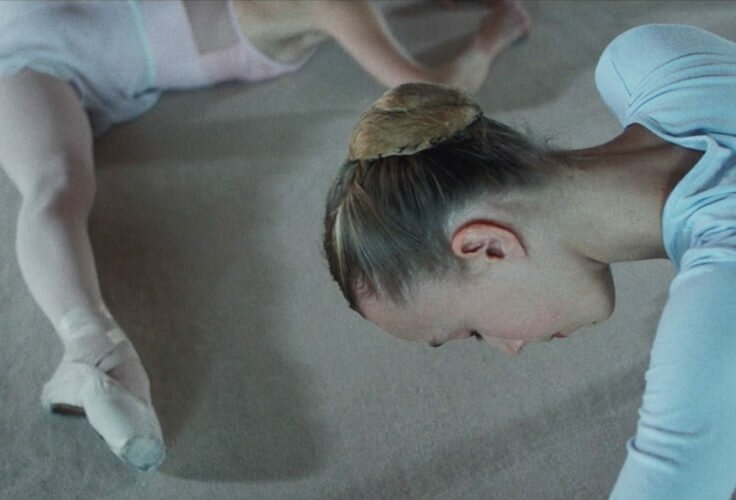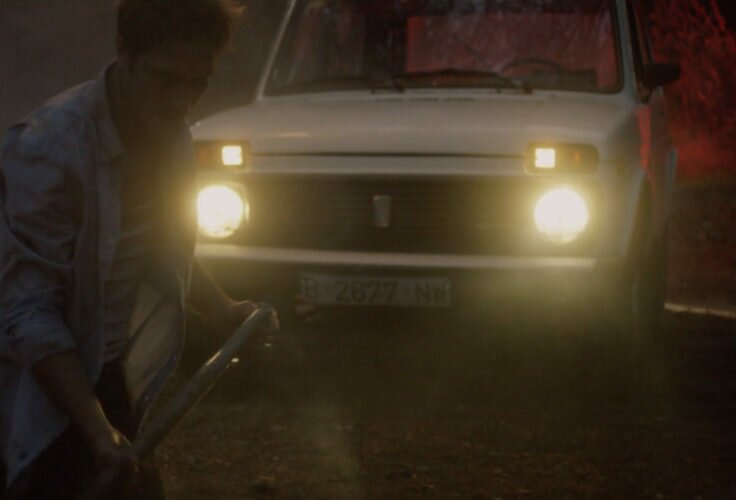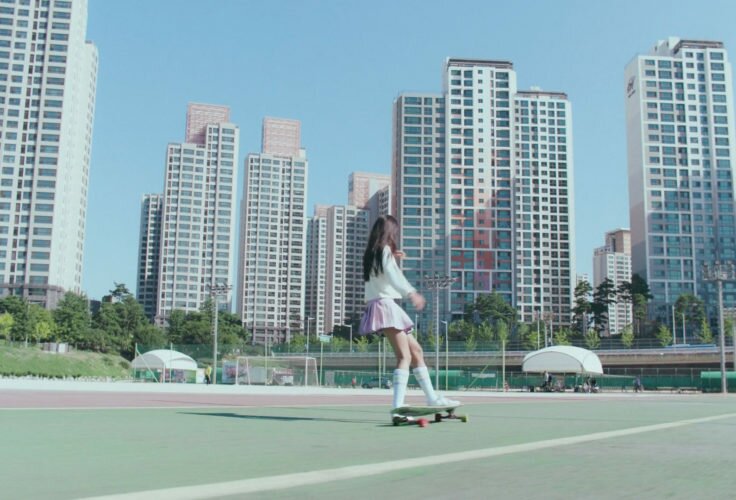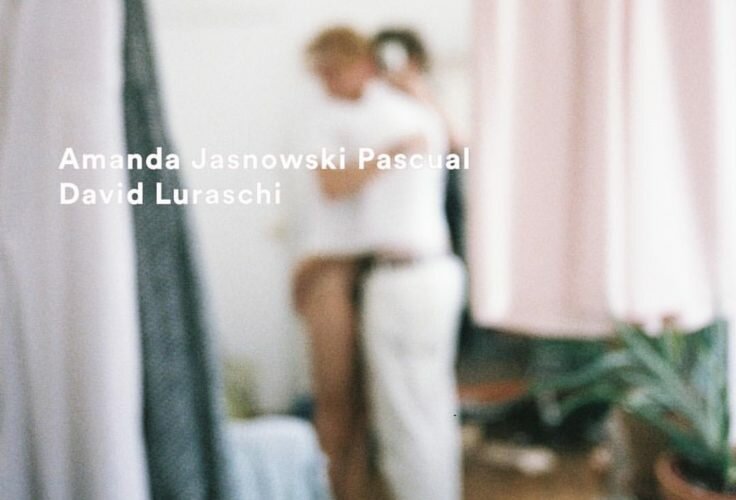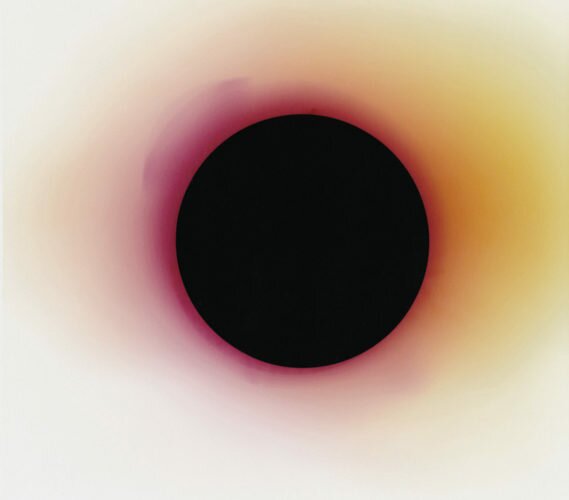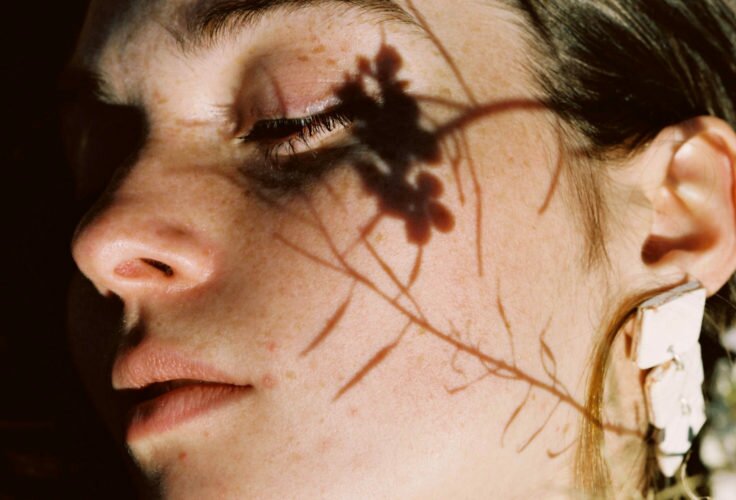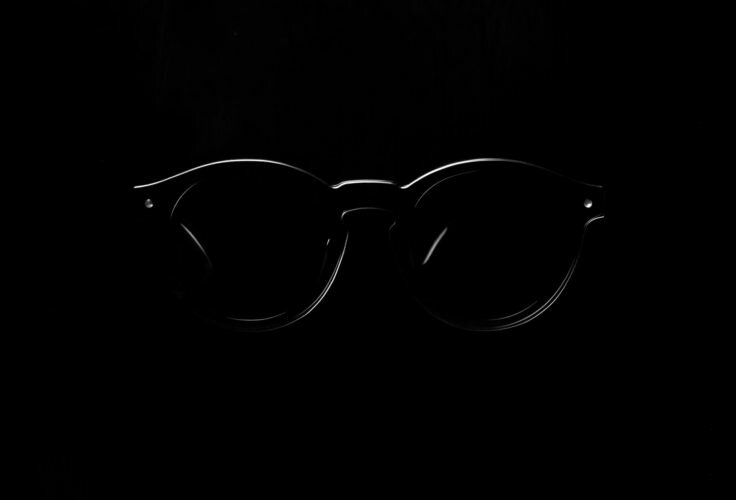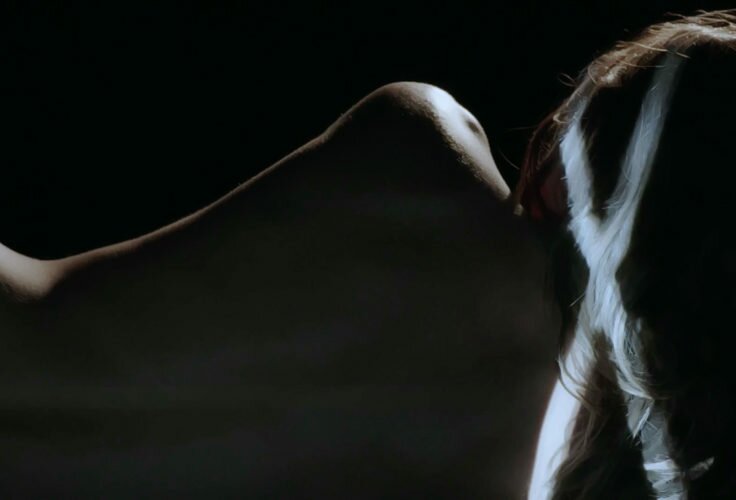Víctor Navarro Remesal has discovered Peeqo, the robot able to answer any question by generating a GIF. And he’s over the moon with his new friend.

Gudetama,
Por
Victor Navarro
Remesal
‘This is very popular in Japan’, reveals a poster in a Tokyo shop; but it’s totally unnecessary: Gudetama, the character on it, is an unavoidable presence all over the country, and by the time I manage to remember his name I’ve already been obsessed with him for days. This is quite a feat for two reasons: first, because the thing doesn’t really fit in with Japanese kawaii standards (big eyes, pastel colours, sweet air: think of Hello Kitty or Rilakkuma); and, second, because domination doesn’t seem the main goal of this lazy bones (Gudetama comes from gude gude tamago, that is, ‘lazy egg’) whose main characteristic is he just can’t take life.
Gudetama’s cliché is ‘I can’t… ’, a sentence that soon reminds us of Bartleby the scrivener’s ‘I would prefer not to…’ Agamben, Deleuze and Vila-Matas have written about Bartleby, and there’s little more to add to the question: he embodies negation, inaction, renunciation as a position before the world, maybe even a diagnosis of our times. Not so much has been written about Gudetama, despite the fact he encapsulates these ideas in a much more prosaic way. But Melville’s character points at a mysterious and disturbing, almost mystical, will (a ‘new Messiah that comes to save what was not’), and Gudetama simply can’t: he’s muscular atony turned mascot.



If Bartleby is read in the light of immanence/transcendence or individual/community binary oppositions, Gudetama’s only relationship is towards itself. Should we go on looking to attach any more Big Ideas to a doll, I’d say it’s close to the ‘fatigue society’ made popular by philosopher Byung-Chul Han, in which we’re all exploiters of our own selves, always exhausted and sleepy, like that meme that re-formulated Bruce Banner’s affirmation in The Avengers: ‘That’s my secret, I’m always tired.’
It’s also easy to interpret that little egg as the product of a culture that uses the word karoshi, that is, death by work-related stress (South Korea, where Gudetama is as popular, shares the concept: gwarosa) and see in it a confession, or a call for help, or even a strategy from power to normalize exhaustion. But none of these explanations is very convincing. First, because Gudetama, although very Japanese, illuminates a laziness that is inseparable from the human condition; and second, and more important, because its reaction before fatigue isn’t submission, but quite the contrary: Gudetama is a rebel, an anarchist of apathy.
If you pay close attention to it, you’ll see that the relationship of the character with its flaw is placid, even comforting. Gudetama suffers, but doesn’t die; sometimes he’s even at ease, almost enjoying himself. You can see this in the following GIFs (taken from the official animations produced by Sanrio), where we can find him as easily turning round in bed as rocking back and fro in his eggshell. Everything in him has the magnetism of the beauty of the blues, and its stroke and movement remind us more of Yumura Teruhiko‘s, a punk and free manga artist who caused a stir in seventies’ Japan, heta-uma (‘bad but well-done’) doodles, than to any mascot designed by a committee. Thus, Gudetama reveals himself as a way of praising of idleness from Cool Japan; a way of giving the finger to personal branding’s self-exploitation. He may be very popular in Japanese shops, but he’s also a bit of a hooligan that, should he find the strength to leave the frying pan he lies on, might pose for the cover of a reprint of The Abolition of Work.




